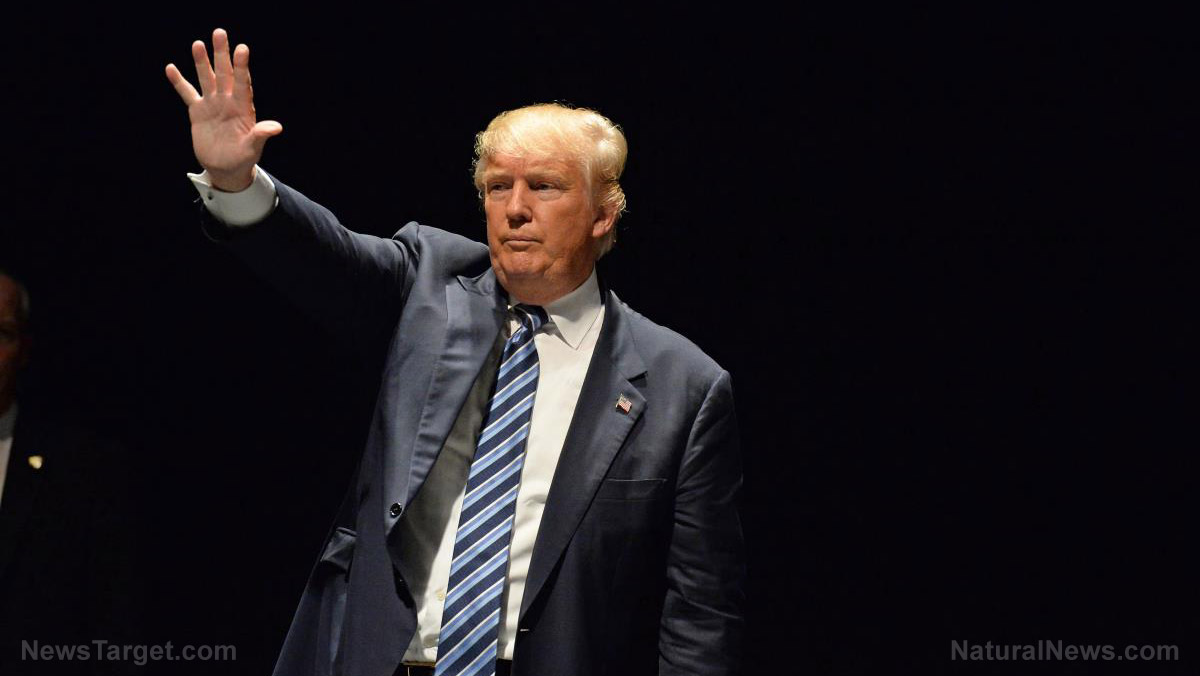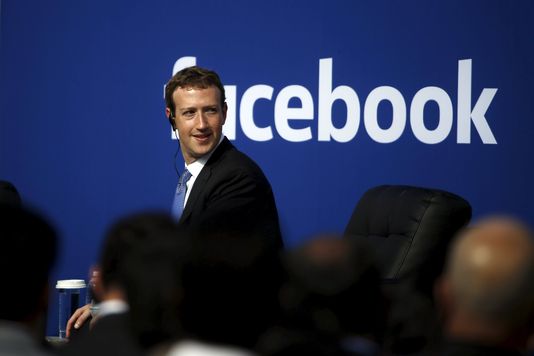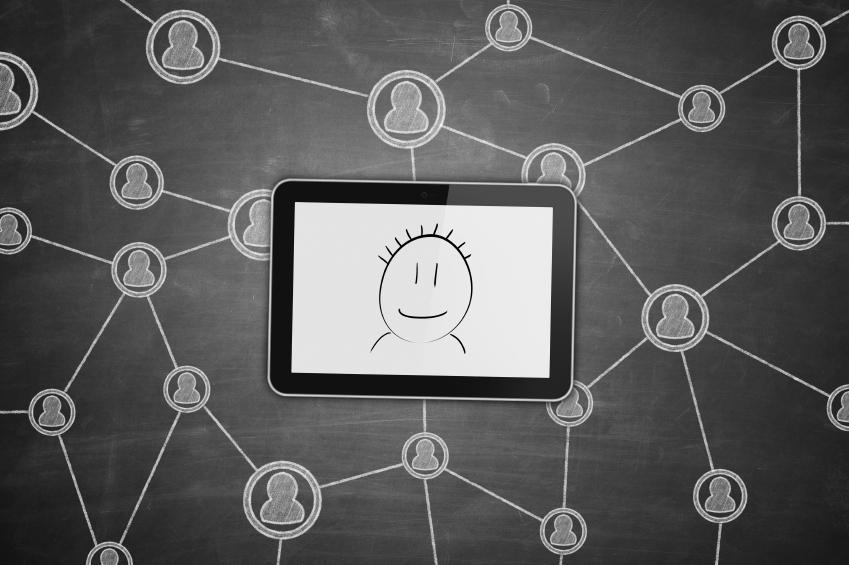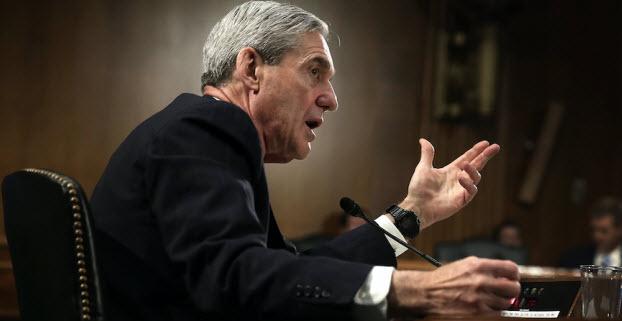The WAR on CASH is actually a war on liberty and privacy
08/01/2017 / By Jayson Veley

There is a growing effort among the nation’s political elites and top government officials to transform America into a cashless society (Related: The EU is the global blueprint for a cashless society). Just like virtually everything else promoted by the federal government, such as more spending on the welfare state, universal healthcare, and the implementation of stricter gun laws, the push for a cashless society has nothing to do with what’s best for the American people, despite claims to the contrary. The fact of the matter is that political elites on both the right and the left have an insatiable appetite for power and control over the people they were elected to represent. Their quest to create a totalitarian society can be compared to a drug addict’s quest to obtain heroin – once they get a taste of it, they never stop wanting more.
The transition into a cashless society is just one of the many ways that political elites feed this hunger for control. As Dylan Charles writes in an article published on The Daily Sheeple, “To some, convenience and trendiness are the greatest selling points of a digital currency, but in order to make it obligatory for everyone, there must be a public safety threat that is acting in our best interests when they force us to accept a digital currency.”
Indeed, the argument that something is in the best interests of the American people is one that is heard quite often in modern day politics. They tell us that limiting our Second Amendment right to bear arms is “in our best interests” because it will supposedly save innocent lives. They tell us that the excessive regulation of the private sector is “in our best interests” because it will stop “greedy” corporations from hoarding the nation’s wealth. They tell us that granting amnesty to illegal aliens and bringing in refugees by the thousands is “in our best interest” because it will help us become a more diverse and compassionate country.
With regards to currency, they tell us that a cashless society would also be in the best interests of the American people, when in reality it would not. A digital monetary system would inevitably call for oversight from the federal government, which would open the door to a wide array of potential privacy and liberty issues. By using cash, Americans have the ability to make financial transactions without the government knowing where that money is going or what it is being spent on. However, if cash were no longer an option, then every single transaction you make could be tracked and recorded, which entirely defeats the purpose of a free society.
In India, this push for a cashless society is already well underway. Back in December, Amitabh Kant, CEO of the India policy think tank NITI Ayog, argued that the government was attempting to enact penalties for those who use cash in order to encourage digital transactions. “The government has already provided 11 different incentives (to encourage digital transactions),” he said. “In the long term, the government has intention to make cash handling more expensive and digital transaction extremely cheap.”
While Kant did not explicitly state that the Indian government was encouraging its people to embrace digital transactions as a means of accumulating more power and control, it’s important to keep in mind that neither do most other governments that are also pushing for a cashless society. Needless to say, it would be a tough sell to come straight out and let the people know that a digitalized monetary system would empower the political elites while destroying the liberty and privacy rights of the people. So instead they work quietly and under the radar, maintaining a subtle yet relentless push to one day establish a totalitarian state.
Sources include:
Tagged Under: Cashless society, currency, economy, finance, freedom, Liberty, monetary policy, money, police state, surveillance, war on cash




















